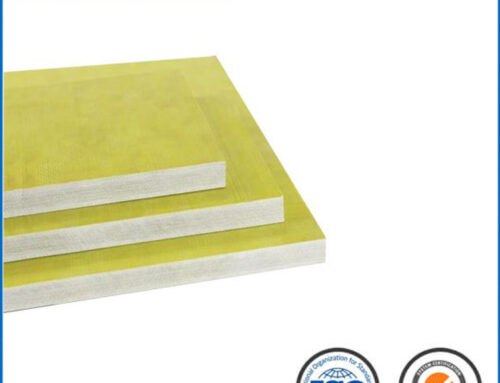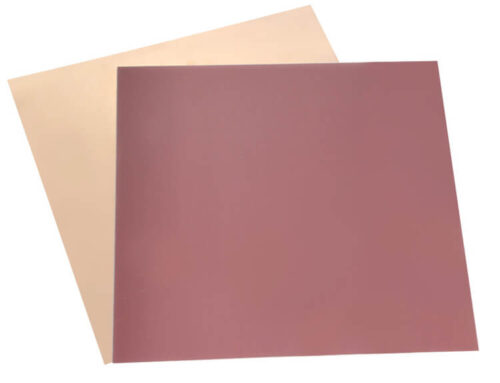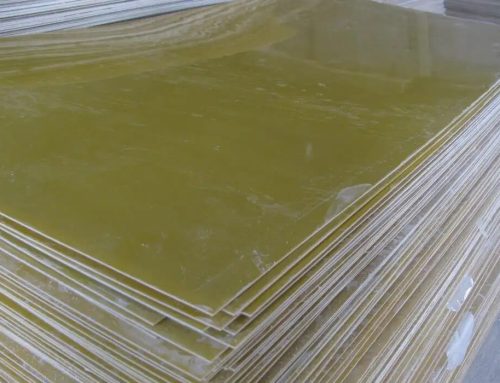Machining FR4, a versatile and widely used composite material, requires specialized techniques to unlock its full potential. This article explores the precision techniques involved in machining FR4, shedding light on the composition of FR4, machining considerations, and the diverse applications where high-precision components find utility. From electronic enclosures to industrial machinery, the precision machining of FR4 plays a crucial role in crafting components that meet the demanding standards of modern engineering.
1. Understanding FR4 Composition: A Fusion of Layers
Layered Structure:
FR4 is composed of layers of fiberglass cloth impregnated with epoxy resin, creating a robust layered structure.
The combination of fiberglass reinforcement and epoxy resin provides FR4 with its distinctive mechanical and electrical properties.
Machinability Considerations:
The layered composition of FR4 influences its machinability, requiring precision techniques to achieve accurate and clean cuts.
Understanding the distribution of fiberglass and resin layers is essential for effective machining.
2. Precision Machining Techniques: Navigating the Challenges
Tool Selection:
Machining FR4 requires the use of specialized tools, such as carbide or diamond-coated cutters, to ensure precision and prevent delamination.
Proper tool selection is critical for achieving clean edges and maintaining the integrity of the material.
CNC Machining:
Computer Numerical Control (CNC) machining is a preferred method for precision machining of FR4.
CNC machines offer the accuracy and repeatability required for intricate designs and complex components.
3. Applications in Electronic Enclosures: Crafting for Protection
CNC-Machined Enclosures:
FR4’s machinability makes it a popular choice for crafting electronic enclosures using CNC machining.
Precise machining allows for the creation of custom-fit enclosures that protect electronic components effectively.
EMI Shielding Components:
Machined FR4 is employed in the production of components with electromagnetic interference (EMI) shielding properties.
The precision in machining ensures the effectiveness of EMI shielding in sensitive electronic applications.
4. Industrial Machinery Components: Precision for Reliability
Custom Insulating Parts:
Machining FR4 is utilized to create custom insulating components for industrial machinery.
The precision in machining ensures that insulating parts meet specific engineering requirements for reliability.
Wear-Resistant Components:
FR4’s durability, coupled with precision machining, allows for the production of wear-resistant components for industrial applications.
These components maintain their structural integrity under the stresses of industrial operations.
5. Aerospace Applications: Elevating Precision in Flight
Aircraft Instrumentation Panels:
Precision machining of FR4 is crucial in the aerospace industry for crafting instrumentation panels.
The material’s stability and the accuracy of machining contribute to the reliability of flight instruments.
Structural Components:
FR4’s precision-machined structural components contribute to lightweight yet durable structures in aerospace applications.
The material’s strength and machining precision play a pivotal role in the efficiency of aerospace systems.
Conclusion: Machining FR4 – Pioneering Precision in Advanced Engineering
Machining FR4 stands as a testament to the precision required in crafting high-performance components for diverse applications. From electronic enclosures to industrial machinery and aerospace systems, precision machining of FR4 is instrumental in meeting the exacting standards of modern engineering. In an era where customization, reliability, and precision are paramount, the techniques involved in machining FR4 play a pioneering role in shaping the landscape of advanced engineering components.
More:




